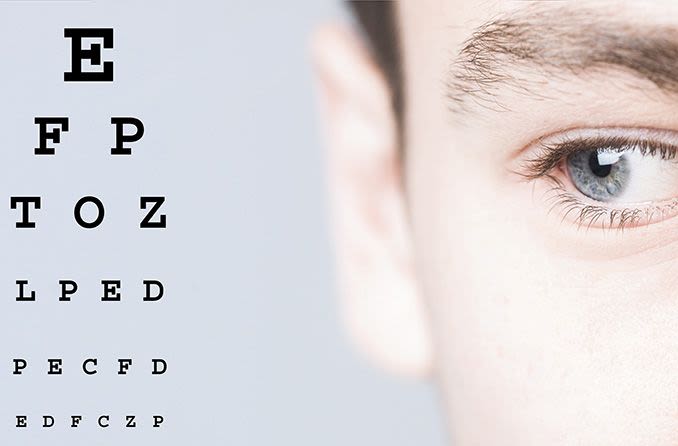Should I book an eye exam even if I don’t wear glasses?

Do you need an eye exam if you don’t wear glasses?
Yes, even if you can see clearly without eyeglasses or contact lenses now, you should make annual eye exams a habit. A routine eye exam can turn up overall health issues such as diabetes and cancer and early signs of age-related macular degeneration.
Few people truly want to visit their doctor, dentist or other health care professional, but the need to maintain good health generally requires regular checkups at the very least.
The health of your eyes is no exception.
Routine, comprehensive eye exams can detect vision problems, eye disease and general health problems before you are aware a problem exists, the American Refractive Surgery Council says.
Do I need an eye exam if I don’t have vision problems?
The American Academy of Ophthalmology (AAO) says that if you’re an adult with no signs of vision problems and no risk factors for eye disease (like diabetes or a family history of vision issues), you should book a comprehensive eye exam at age 40.
“This is when early signs of disease or changes in vision may appear,” the academy says. “It is important to find eye diseases early. Early treatment can help preserve your vision.”
Around age 40, many people start coping with age-related farsightedness (presbyopia), which results in difficulty seeing or reading things up close.
After age 40, how often should I get an eye exam?
If you’re 40 to 54 years old and don’t have any vision problems or risk factors (like diabetes), you should get a comprehensive eye exam every two to four years, the AAO recommends.
For those 55 to 64 who still aren’t experiencing vision problems or risk factors, the suggested frequency of exams ranges from one to three years. In the absence of symptoms or risk factors, someone 65 or older should schedule an eye exam every year or two.
These are all general recommendations — your eye doctor can give you more individualized guidance on exam frequency based on your personal medical history.
What is a comprehensive eye exam?
A comprehensive eye exam, performed by an optometrist or ophthalmologist, lasts about 45 to 90 minutes. During this exam, an eye care professional will ask you to read an eye chart to determine how well you see at a distance. Beyond that, your eye doctor (or a qualified technician) may:
Check your side (peripheral) vision.
Gauge your depth perception.
Do an “air puff test” to look for signs of glaucoma.
Test the movement and alignment of your eyes.
Evaluate your retinas and optic nerves for signs of damage caused by disease.
In addition to refraction errors (like farsightedness and nearsightedness) and eye disease (like glaucoma and diabetic retinopathy), the exam can detect problems such as dry eyes, sun damage and digital eye strain.
WHEN WAS YOUR LAST EYE EXAM? Find an eye doctor near you and schedule an appointment.
Page published on Friday, January 10, 2020




